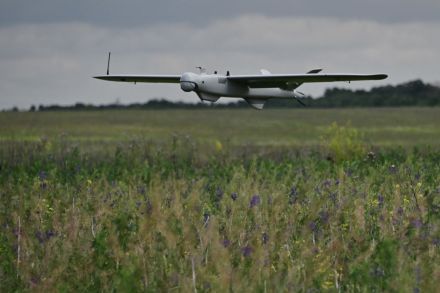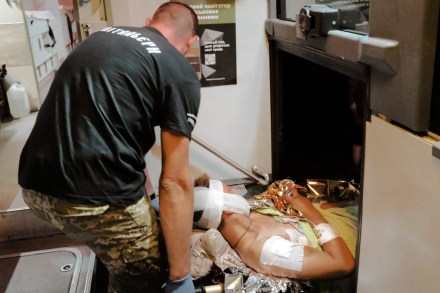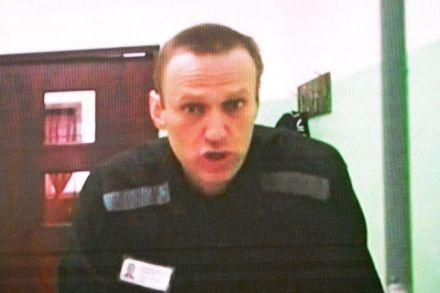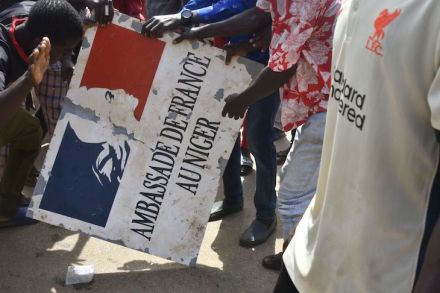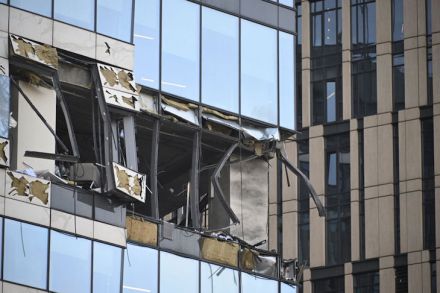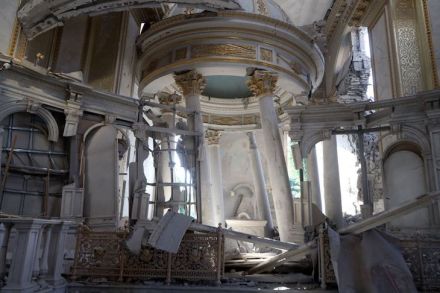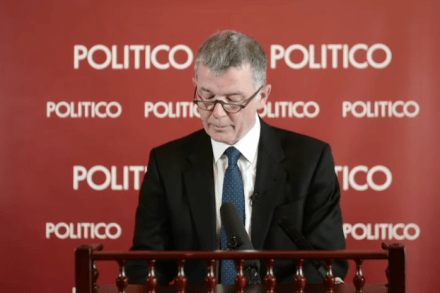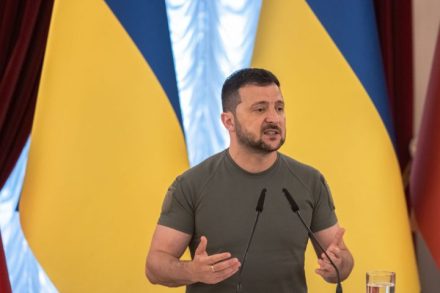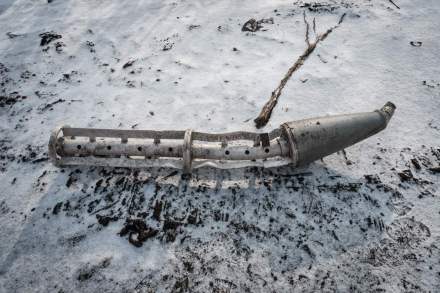Ukraine steps up its drone warfare against Crimea
In the early hours of this morning, Ukraine launched 42 unmanned drones at the annexed territory of Crimea, the Russian ministry of defence has claimed. Announcing on Telegram that the attack had been ‘thwarted’, the Russian MoD said nine of the drones had been shot down, while the remaining 33 were electronically jammed and downed ‘before they reached their target’. If the number of drones Russia claims to have been attacked with is correct, this would amount to the largest Ukrainian air attack on Russian-held territory since the beginning of the war. This could amount to the largest Ukrainian air attack on Russian-held territory since the beginning of the war. Mikhail
